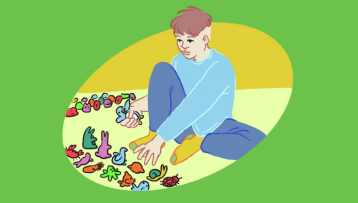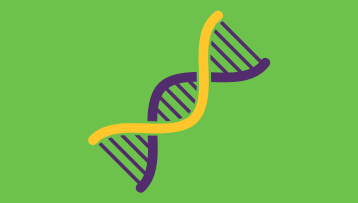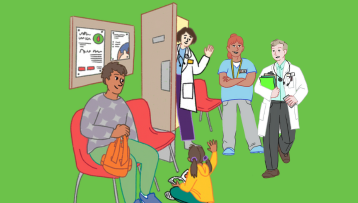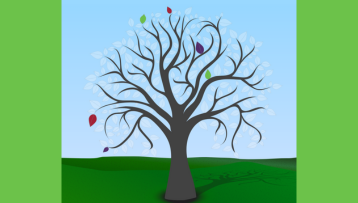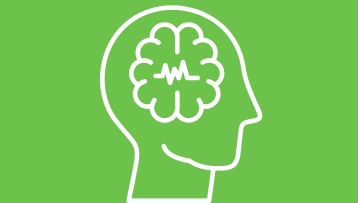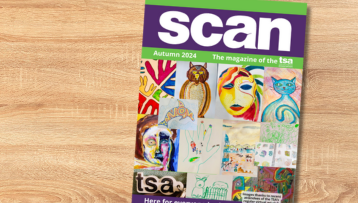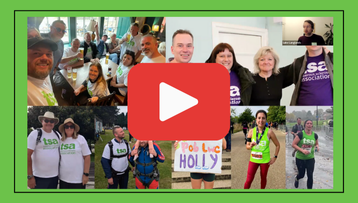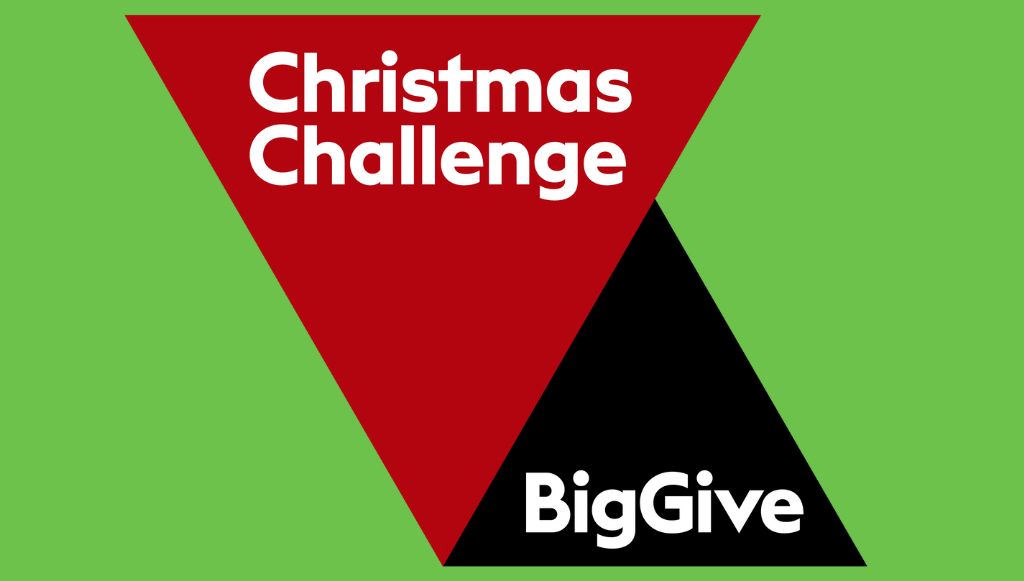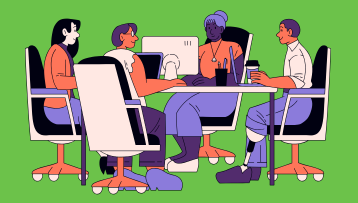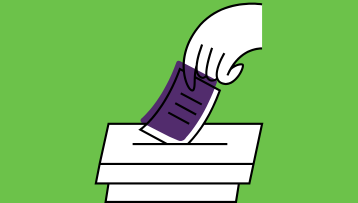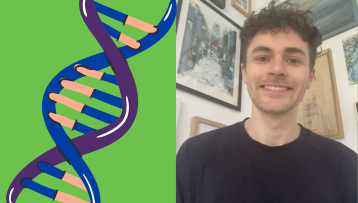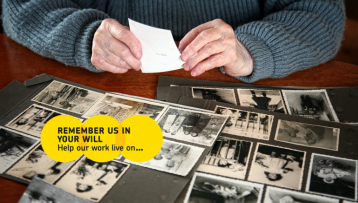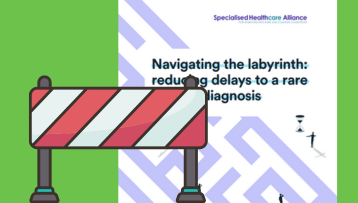As summer draws to a close, it’s the time when schoolchildren and others in education across the UK are preparing (or have recently) returned to learning. For those affected by TSC, a quick check that everything has been prepared for the new academic year can be a big help.
Along with the usual back-to-school necessities, such as uniform and pencil cases, those affected by TSC may also be making provisions for things like care plans or talking about TSC with schools. To help families in the TSC community feel fully prepared for the new academic year, we’ve developed a quickfire checklist so that you can feel positive and optimistic about the year ahead.

EHC plans are for children and young people aged up to 25 who require additional support than what can be offered through Special Educational Needs (SEN) support. A request for an EHC plan can be made by anyone including parents, carers, teachers or healthcare professionals. An individual aged 16-25 can also request an EHC plan themselves. A request can be made through your local council, who will carry out an assessment. They may ask for things to help with the assessment, such as doctors records or reports from school.
You can read more about EHC plans on the UK Government website, or contact the TSA Support Line.
- Have you started a new medication, or changed your dose?
- Have you had a new diagnosis, for example of ADHD, autism or epilepsy?
- If you have epilepsy, have you had a change in seizure activity?
- If you have epilepsy, does the school/college have a seizure plan for you?
- Do you need to discuss TSC directly with any new staff members?
- Have you discussed whether other students will be made aware that you have TSC – if they will be told, how will this happen?
- Do any siblings, other loved ones or friends close to you who also go to the school/college need to be kept an eye on, in case they find your TSC difficult to deal with?
- Do staff know how your TSC affects you? For example, do you have ADHD, autism or learning disabilities?
- If you have epilepsy, do the staff know how to help you if you have a seizure? This infographic from Young Epilepsy provides an overview of seizure first aid
- Do they know how to support you in the classroom with your work?
- Do they know how to support you with social activities, such as break times?
- Are staff members aware of when upcoming hospital or clinic appointments will take place?
- Some children and young people with TSC are not able to get to school or college either with their parents or independently due to their school being too far away or because they are not able to use public transport. Local authorities throughout the UK must make free travel arrangements for these children under 16
- You can read more about transport to education settings for disabled children in England, Scotland, Wales and Northern Ireland from Contact
- Have they read our page for education professionals?
- Have you suggested that the school gets in touch with the TSA?
The TSA Support Line is here to support anyone affected by TSC across the UK, including individuals, families and professionals. We encourage educational professionals to get in touch with us (0808 801 0700, support@tuberous-sclerosis.org, webchat).
The TSA is currently developing a series of training modules for professionals in education – more information will be shared about this very soon.
Make a one off or regular donation
£10 Can allow us to send a welcome pack to a family who has just received a life-changing TSC diagnosis, ensuring that they do not go through this time alone.
£25 Can help us develop materials that are included in our support services, flagship events or campaigns.
£50 Can provide laboratory equipment for a day’s research into the causes, symptoms, management or treatment of TSC.
To provide help for today and a cure for tomorrow










